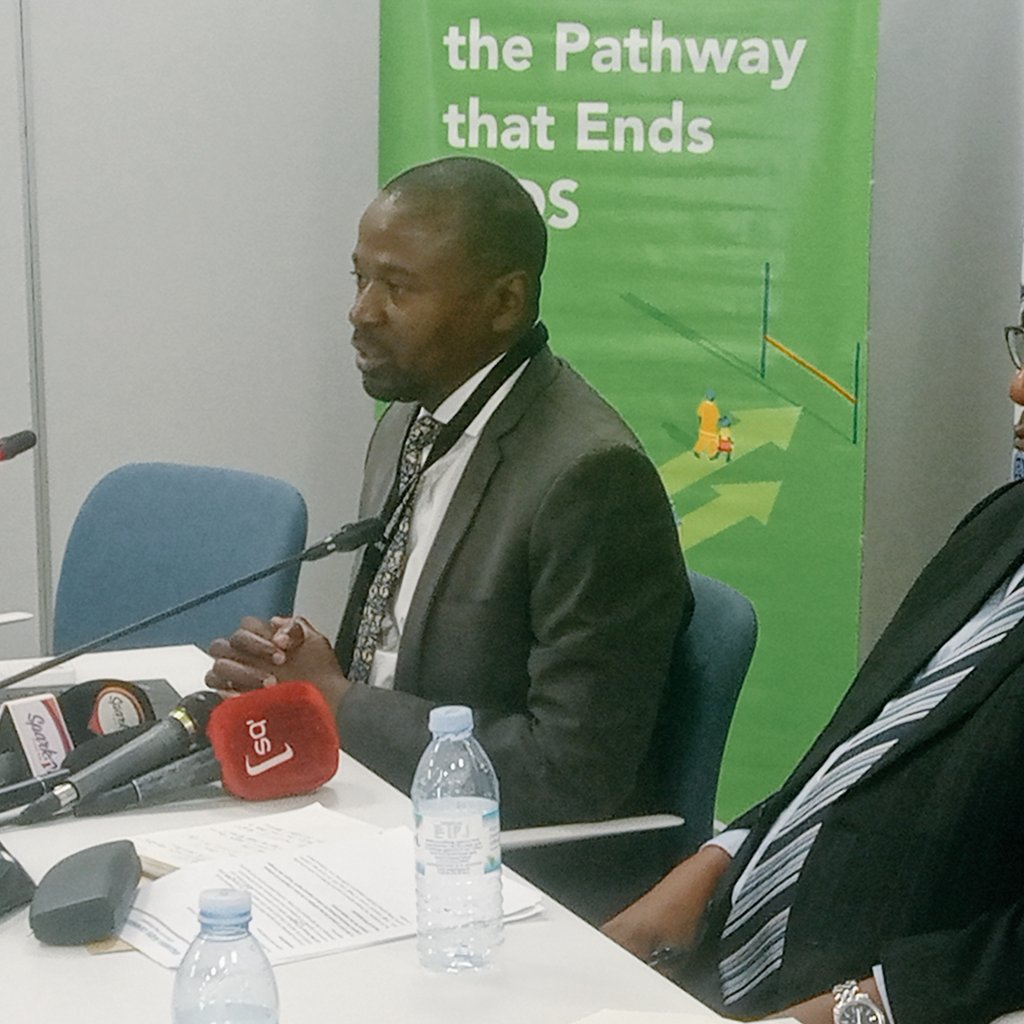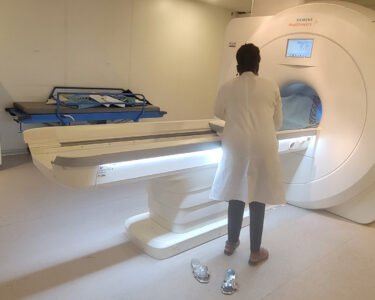Uganda is set to integrate HIV prevention and treatment into the country’s general healthcare system as part of a broader strategy to sustain the national HIV response amid declining donor support, according to the Ministry of Health.
Peter Mudiope, Coordinator of HIV Prevention at the Ministry, announced the new approach during a presentation on HIV integration and sustainability, stating that Uganda is aligning its plans with global and regional trends similar to those in Kenya, Rwanda, and Botswana.
Latest
Ssekikubo Maintains Strong Lead in Lwemiyaga NRM Primaries
Police Report Isolated Violence, 90 Arrests During NRM Primaries
Kyankwanzi District Official Remanded Over Job Scam
Kabuleta’s NEED Party Splits Into Two Rival Factions
Uganda Risks Missing 2030 HIV Elimination Target –AIDS Commission Warns
Ntungamo MP Sustains Head Injury in Polling Station Clash
Entebbe Airport Passenger Traffic Hits Record 213,000 in June
EC Warns Aspirants on Academic Verification Ahead of 2026 Elections
LOP Budget vs. Poverty: UGX 4.2Bn Allocation Raises Eyebrows
Three Remanded Over UGX 500M Cattle Compensation Fraud in Otuke
“On February 7 this year, the Permanent Secretary, Dr Diana Atwine, issued a directive to all government health facilities and district accounting officers to implement integrated health services,” Mudiope said. “This means phasing out stand-alone HIV and TB clinics and mandating primary healthcare clinicians to manage HIV, TB, non-communicable diseases, and mental health collectively.”
Previously, HIV services were run as vertical programmes with separate clinics and staff, a system largely dependent on external funding. The integration model is aimed at optimizing resources, improving service delivery, and ensuring continuity of care by allowing health workers at Outpatient Departments (OPDs) to manage all conditions without referrals to specialized units.
“Integration is not new. Clinicians are already trained to manage multiple conditions. Many patients have more than one health issue such as HIV, mental health challenges, or hypertension. Integrated care reduces stigma and improves outcomes,” Mudiope explained.
The Ministry has developed and begun rolling out integration guidelines to districts. Health workers are being reoriented and trained to handle the full spectrum of diseases, while facilities reorganize patient flow to support integrated service delivery.
As part of this approach, the Ministry is implementing a Chronic Care Model that connects facility-based services with community follow-up. “Patients who are not virally suppressed will be monitored at community level by peers, Village Health Teams, and community extension workers for adherence support and household-level interventions, including nutrition,” Mudiope said. The model also helps trace and test sexual partners of patients with unsuppressed viral loads, a measure that has increased HIV testing positivity in pilot projects in the Acholi region from 3% to 15%.
Read Also
Government Pledges Continued Support to Cultural Leaders
Government Hands Over Vehicles, Funds to Cultural Leaders
Mpigi Assistant Engineer Remanded Over Theft of Fuel Worth UGX 242M
NRM Confirms Primaries Set for Thursday Despite Postponement Rumors
Former Rakai DSC Chair Sentenced for Soliciting Bribes from Job Applicant
Government Secures UGX 170 Billion from World Bank to Boost Manufacturing and Exports
Munyagwa Pledges to Defend Rights of Ordinary Ugandans as He Takes Over Common Man’s Party
UPC Extends Deadline for Parliamentary and Local Government Nominations
Uganda’s Economy Set to Grow by 6% in FY 2025/26 – Finance Ministry
Taxi Driver Arrested After TikTok Video Shows Man Drinking Beer on Roof
Kyagulanyi Warns Lawyers: ‘No One Is Safe in a Lawless Uganda
Other sustainability measures include the HIV Sustainability Roadmap, which promotes local manufacturing of HIV medicines and testing kits through public-private partnerships to strengthen supply chain resilience. Mudiope revealed that Quality Chemicals has secured funds to manufacture antiretroviral drugs locally, while companies in Ntinda are producing HIV test kits.
To improve access, the Ministry is working with private pharmacies to distribute HIV prevention commodities such as self-test kits, condoms, and pre-exposure prophylaxis (PrEP). “We are also introducing long-acting injectable PrEP to reduce the burden on patients who previously visited health facilities monthly for tablets,” Mudiope noted.
On financing, Mudiope emphasized that government allocations to the health sector have increased, and the Ministry continues to push for a National Health Insurance Scheme to further strengthen healthcare funding.
“This strategy is about efficiency, sustainability, and better health outcomes for all,” Mudiope concluded.
Ends





